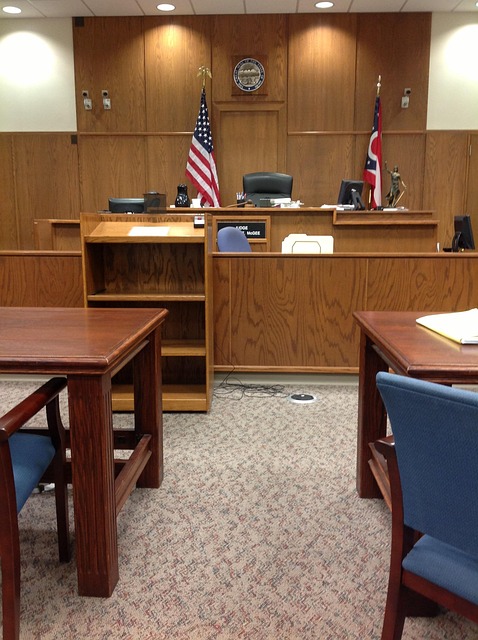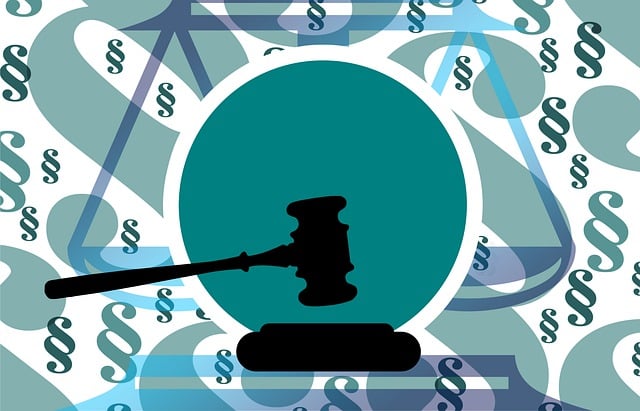Environmental crime trials impose strict legal consequences, including fines, imprisonment and corrective actions, for polluters and habitat destroyers. Successful prosecutions deter future infractions, enhance environmental stewardship, set precedents like the Legal Consequences of Trademark Infringement, and promote accountability, ultimately safeguarding Earth's well-being.
In recent years, environmental crime trials have gained significant attention as a means to combat growing ecological threats. This article delves into the intricate world of understanding environmental crimes from a legal perspective, exploring their scope, from pollution and deforestation to more far-reaching issues. We analyze punishments and sentencings, highlighting the legal consequences for perpetrators, with a focus on the important distinction between environmental infractions and the legal consequences of trademark infringement. By examining these trials, we uncover strategies to enhance environmental protection through robust legal frameworks.
- Understanding Environmental Crime Trials: A Legal Perspective
- The Scope of Crimes: From Pollution to Deforestation
- Punishments and Sentencings: Legal Consequences in Focus
Understanding Environmental Crime Trials: A Legal Perspective

Environmental Crime Trials offer a unique legal lens into addressing violations that harm our planet. These trials delve into the intricate web of regulations and policies designed to protect the environment, with severe consequences for those who break them. When businesses or individuals engage in activities like pollution, habitat destruction, or illegal waste disposal, they face not only substantial fines but also the potential for complete dismissal of all charges if their actions demonstrate a genuine commitment to rectifying the damage caused.
The legal implications extend beyond penalization; successful prosecutions can serve as a wake-up call for industries, achieving extraordinary results in terms of improved environmental stewardship. These trials play a pivotal role in shaping corporate responsibility, with each case setting a precedent that influences future business practices and decision-making within respective industries. By holding offenders accountable, the legal system not only punishes past transgressions but also fosters a culture of sustainability and respect for the law.
The Scope of Crimes: From Pollution to Deforestation

Environmental crime trials encompass a wide range of illegal activities that pose significant threats to our planet’s health and ecosystem. These crimes span from air and water pollution, resulting from industrial waste disposal and unlawful emissions, to deforestation and habitat destruction driven by logging, mining, and agricultural expansion. Such acts not only violate environmental regulations but also have severe legal consequences, including substantial fines and imprisonment, as recognized in the global fight against white-collar and economic crimes.
The impact of these offenses extends beyond the immediate damage to nature; they often affect local communities and ecosystems, disrupting delicate balances and threatening biodiversity. As these cases make their way through the judicial system, they set precedents with unprecedented track records of successful prosecutions. This not only serves as a deterrent but also highlights the commitment of philanthropic and political communities to upholding environmental laws and safeguarding our planet’s future.
Punishments and Sentencings: Legal Consequences in Focus

Environmental crime trials often result in significant legal consequences for those found guilty. Punishments and sentencings vary based on the nature and severity of the offense, but they serve as a crucial deterrent and a means to restore ecological balance. Fines, imprisonment, and restitution are commonly imposed to reflect the gravity of environmental crimes. These penalties not only aim to punish wrongdoers but also send a strong message to respective business, corporate, and individual clients about the integrity of natural resources and the importance of adhering to environmental regulations.
In addition to financial penalties, offenders may be required to take corrective actions, such as rehabilitating damaged ecosystems or implementing stricter environmental management practices within their operations. Such sentences extend beyond punishment to foster a culture of accountability and environmental stewardship among philanthropic and political communities. The Legal Consequences of Trademark Infringement, for instance, while distinct from environmental crimes, underscore the broader implications of legal sanctions in shaping ethical behavior and protecting collective interests.
Environmental crime trials play a pivotal role in holding perpetrators accountable for their actions, sending a strong message about the legal consequences of damaging our planet. By understanding the scope of environmental crimes, from pollution and deforestation to more insidious acts like trademark infringement, we can ensure that justice is served. These trials highlight the importance of stringent punishments and sentencings, reflecting the severe impact of such crimes on ecosystems and communities. As we navigate an era of heightened environmental awareness, these legal proceedings are crucial in fostering sustainability and protecting our natural resources for future generations.






